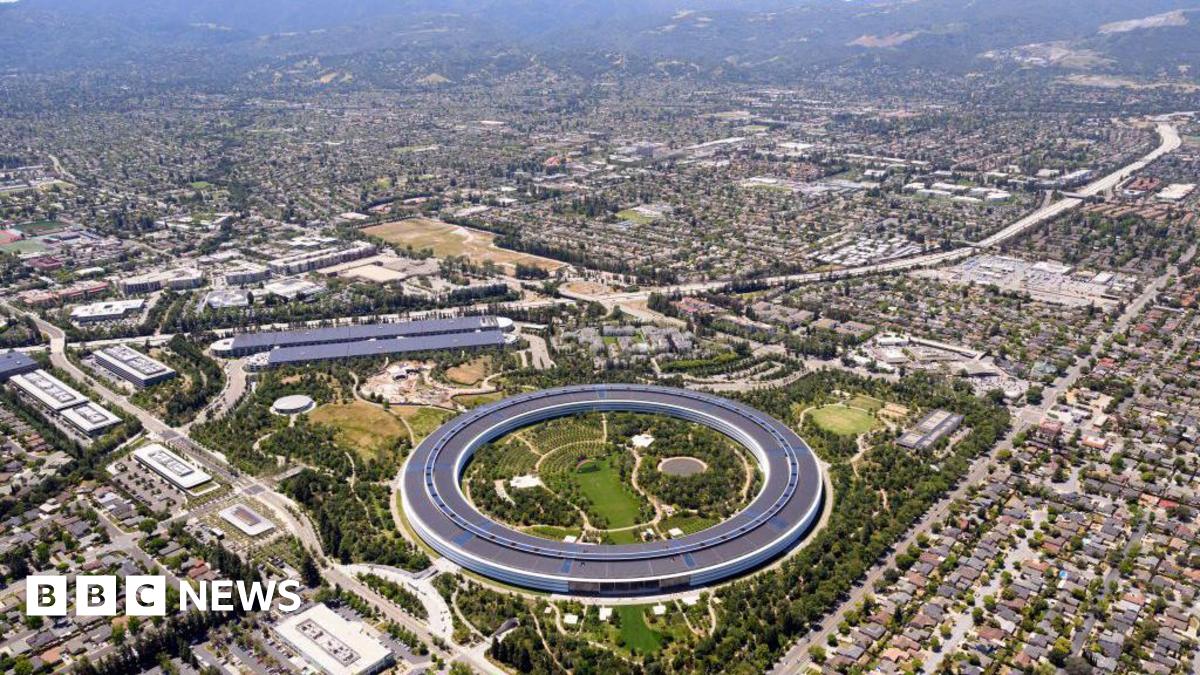dont you mean a tangled web of lies, that were sold to hype up other ceos, and csuites, and to continue the grift of vc money.
But with OpenAI, [Sam Altman] told me, “there’s something real happening here”.
This sentience strikes me because it’s a tacit admission that AI as it stands is way less valuable than people like Altman promised it would be. But trust me bro.
It also jumped out at me too cause it was literally the opposite of the most true thing about AI.
Sure, you can argue that it helps and that improves productivity in some niche use cases, but by definition, there isn’t anything real there. It’s an empty husk that has been contorted to echo user prompts based on past Q&A.
It’s literally like calling a foot print something real cause you can reconstruct some of the foot.
Reddits search function was so bad it spawned an entire industry.
I believe the same thing was said about the Internet in the ’90s: “It speeds up communication, but how would anyone earn money from it?”
Although I don’t think we’re anywhere close to AGI or anything like that, current AI development fundamentally changes a few things in our lives: how we find and process information (information retrieval works very well), how we interact with computers (using natural language instead of clicking through interfaces), and how productive we are.
Video generation models are going to bring entertainment to a whole new level. A single person can now create an entire movie without even buying a camera. Entire game development studios can build worlds larger than ever before. Text generation makes disinformation and propaganda insanely cheap and effective. Surveillance will be much easier now, as owning a communication platform not only allows you to search for messages by phrase but also by meaning. Ads will be far more personalized, as AI chat platforms now know us much better than Google — the current leader in this field.
So:
there isn’t anything real there?
I really don’t think so.
Installing internet and talking to my customer who was a day trader. Told him Google was about to launch their IPO and that I’d go all in if I had any money.
“Their search is the best, but I just don’t see how they’ll ever make any money.”
These AI investors are banking on not being that guy.
And here I am in 2025, saying, “Just don’t see how they’ll make any money.”
The costs are staggering. When the dust settles, who the hell is going to pay those staggering costs to the bubble survivors? At the consumer level, can’t see it. OTOH, people pay for stupid shit like weather apps. 🤷🏻♂️
I foresee AI looking toxic to business pretty quickly. It will be a subscription that’s limited to employees and departments that can demonstrate a need. I don’t fault CEOs for their FOMO, but they’ll quickly wise up.
So far as I can tell they’ve stolen everyone’s content and use it to pretend AI “knows” everything, or anything.
If that’s never addressed, and they will make it almost impossible to do that, AI will survive in several forms.
One outcome will be a sea-level-rise in superfluous text that’s all coming from the same point-of-view and is pretty bland.
You know how people don’t like to read now? Imagine every report, every article, every pullquote being three times longer than it needs to be and basically saying the same thing over and over.
One outcome will be a sea-level-rise in superfluous text that’s all coming from the same point-of-view and is pretty bland.
Searching the Internet for a banana bread recipe allows us to experience this full distopia, today.
The web used to be full of recipes. Now most of the web is copies of the same mediocre recipe wrapped in meaningless filler text and ads.
It feels like the village at the end of “A wrinkle in time”.
It’s a bubble all right. Except it bursting will be the result as expected. What we should do is try to first deflate it carefully, and then try to prevent it from just going boom.
Bubbles are not some unexpected crisis, they are basically a system created by people with a lot of power to suck the power others possess to themselves, to have even more power.
One can even call the British empire becoming less official and other colonial ventures drying up as a sequence of bubbles. Notably the European monarchs were not at a loss from it all.
The dotcom bubble sucked this way a lot of money in unclear directions (hedge funds are a thing, to launder such events), then somehow Facebook and Google and Amazon happen, all not very sophisticated things, but with a lot of convenient financing and publicity.
By the way, it’s interesting that early concepts of NLS and Xanadu as things similar to the Web all didn’t have the ditches requiring a bridge with tolls, speaking metaphorically, that the Web requires, and these big companies occurred as bridges over these ditches exactly. Like - when you have two-sided links, you don’t need them. Not only many small places link to one popular place, but also the one popular place links to many small places. This, of course, also requires the system to be message-oriented, not connection-oriented. Otherwise why wouldn’t the big place censor out reverse links. Like Usenet.
This would, of course, require globally identifiable objects and versioning, with a tree of versions, so that there could be plenty of versions of the same webpage. (I’ve always felt Torvalds is sincere when he says Git is his main contribution to humanity as a programmer.)
And links would have to be version-dependent. And links would have to be not part of objects, but associated objects themselves. This way you can have object directories, or fan-in objects (objects A, B and C combine into the object D, or maybe D follows from A, B, and C as a logical statement), or fan-out objects (there’s object A, for which there are comments or subscripts B, C and D at some corresponding marks in the A structured text). Or, well, normal links referring to two objects (the exact location, again, of what part of a document is a link is contained in the link object).
This is a bit similar to voting systems, where ranked choice and ability to give a negative vote can change a lot. And this also encourages wide participation.
I just have that feeling that we as a humanity are led on a path of prepared bubbles enriching very specific people creating them and firmly knowing when and how they burst. When these people collect enough power, they might start changing the world in a direction we won’t like at all.
OK, dreaming again.



